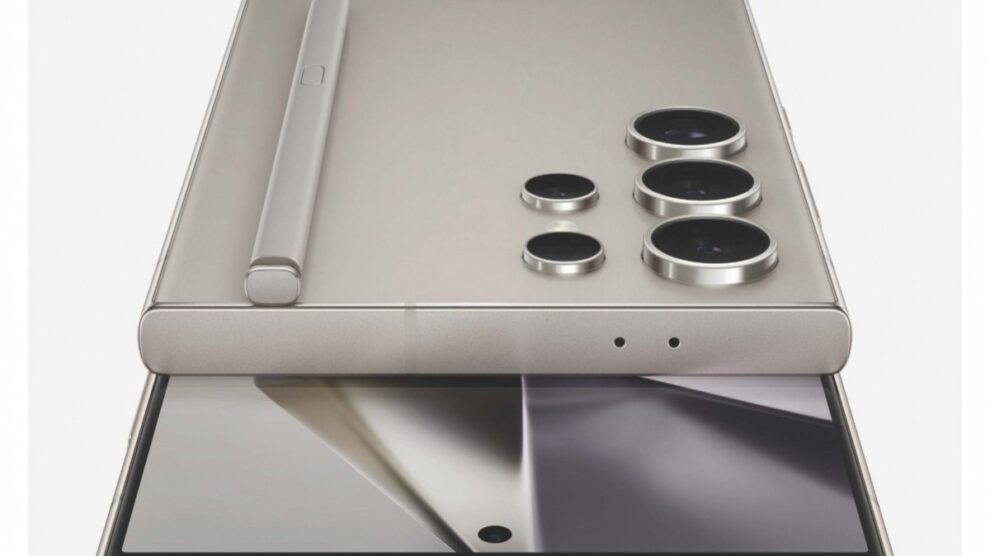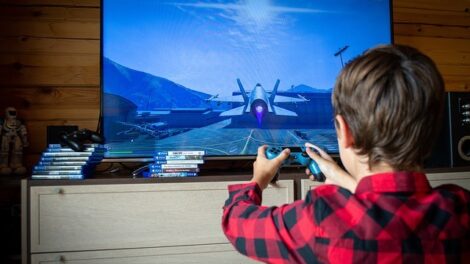Brace yourselves Samsung loyalists, because whispers whirling this January foretell the imminent Galaxy S24 family heralding an intoxicating new smartphone interaction paradigm once launches unfold next month.
The source of such enthusiasm? Significantly enhanced display touch responsiveness promising liquid smooth sensation rivaling buttery dancers according to leaker Ice Universe.
But will flashyrefresh rate figures translate meaningful real world handling or pass unperceived by insensitive masses? Let’s dig deeper behind the digits down to human truths.
Snappier Touch Latency Takes Center Stage
Specifically, the leaker cites up to 10% quicker touch feedback coming to Galaxy S24 models resulting snappier navigation, swipe tracking and stylist scrolling.
This allows reduced input lag and higher recognition accuracy better translating finger motion into on-screen response especially beneficial gaming and drawing applications.
Numbers alone lack context though. So examining touchscreen technology intricacies better highlights the slim margin of improvement Samsung eyes here.
From Touchscan Rates to Processing: Where Latency Lurks
Whether resistive or capacitive-based, touchscreens operate through intricate signal sampling balancing speed, accuracy and power.
User’s fingers act as dynamic capacitors producing variating electrical signals tracking precise contact locations. Sophisticated integrated circuits interpret signals, processing x/y coordinates passed onto rendering engines painting pixels accordingly.
Latency accumulates subtly throughout. More responsive sampling through display hardware and predictive software optimization nudges further toward the holy grail of Lagless interaction someday.
Diminishing Returns in the Race Towards Instantaneity
Fact remains smartphone manufacturers approach asymptotic performance frontiers as latency-eliminating efforts increasingly manifest diminishing returns.
With Galaxy S22 and S23 models already reaching sub-10 millisecond total input lag borders at 120Hz, is halving that perceptible through further optimization?
Devicereaction windows narrow so microscopically now that meaningful app responsiveness pentultimately hinges on software efficiency and internet speeds rather than antique mechanical metrics.
Striking User Experience Balances
Additionally, imperfect touch precision presents natural physiological speed bumps our asymmetric grip dynamics introduce involuntarily.
Thus user interface designs avoid hair-trigger experiences avoiding accidental input during practical operation.
There exists healthy equilibrium between instantaneous response and consistent intention interpretation modern touchscreen devices artfully pioneer already today.










Add Comment